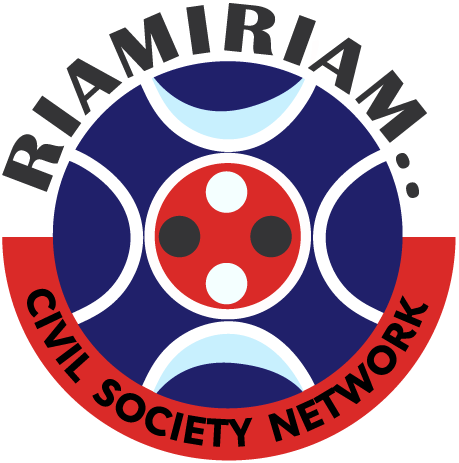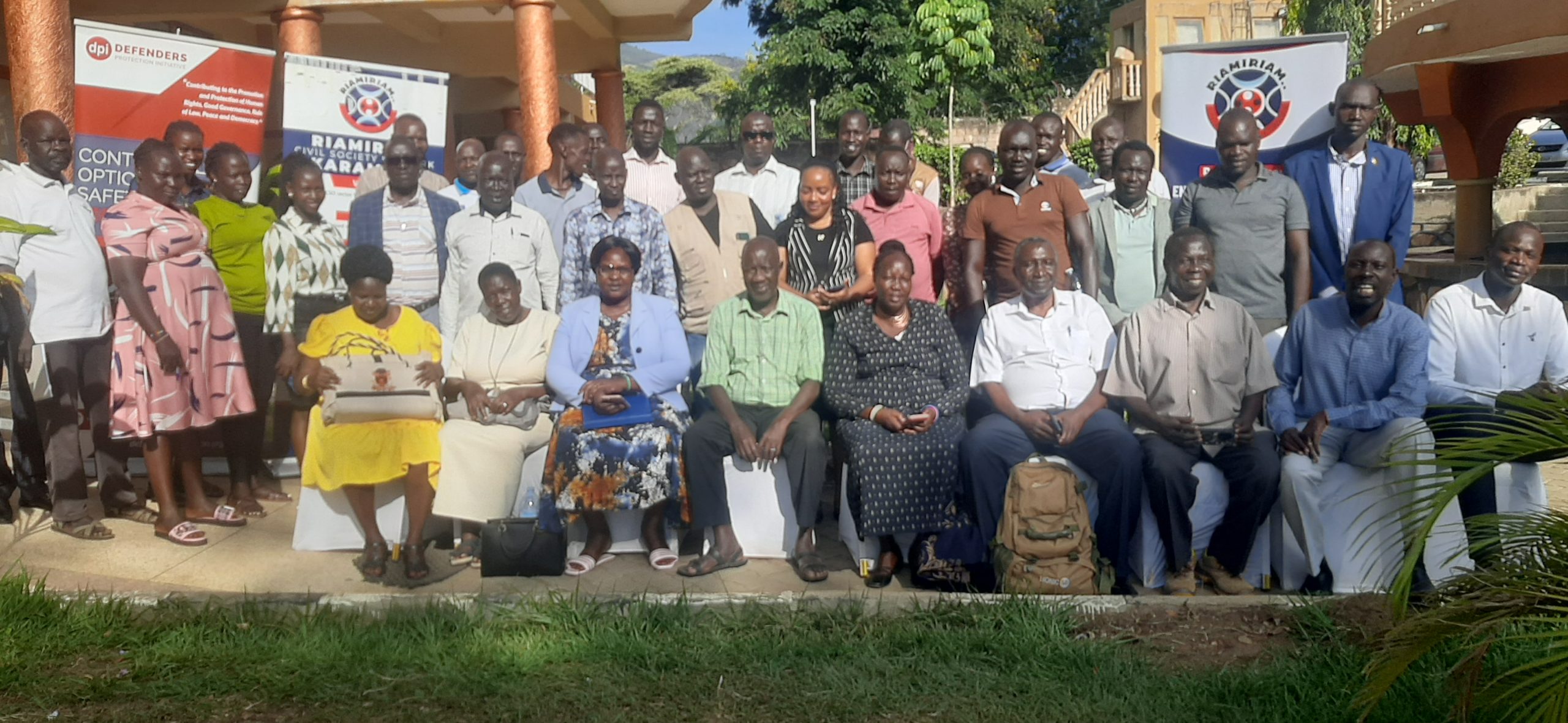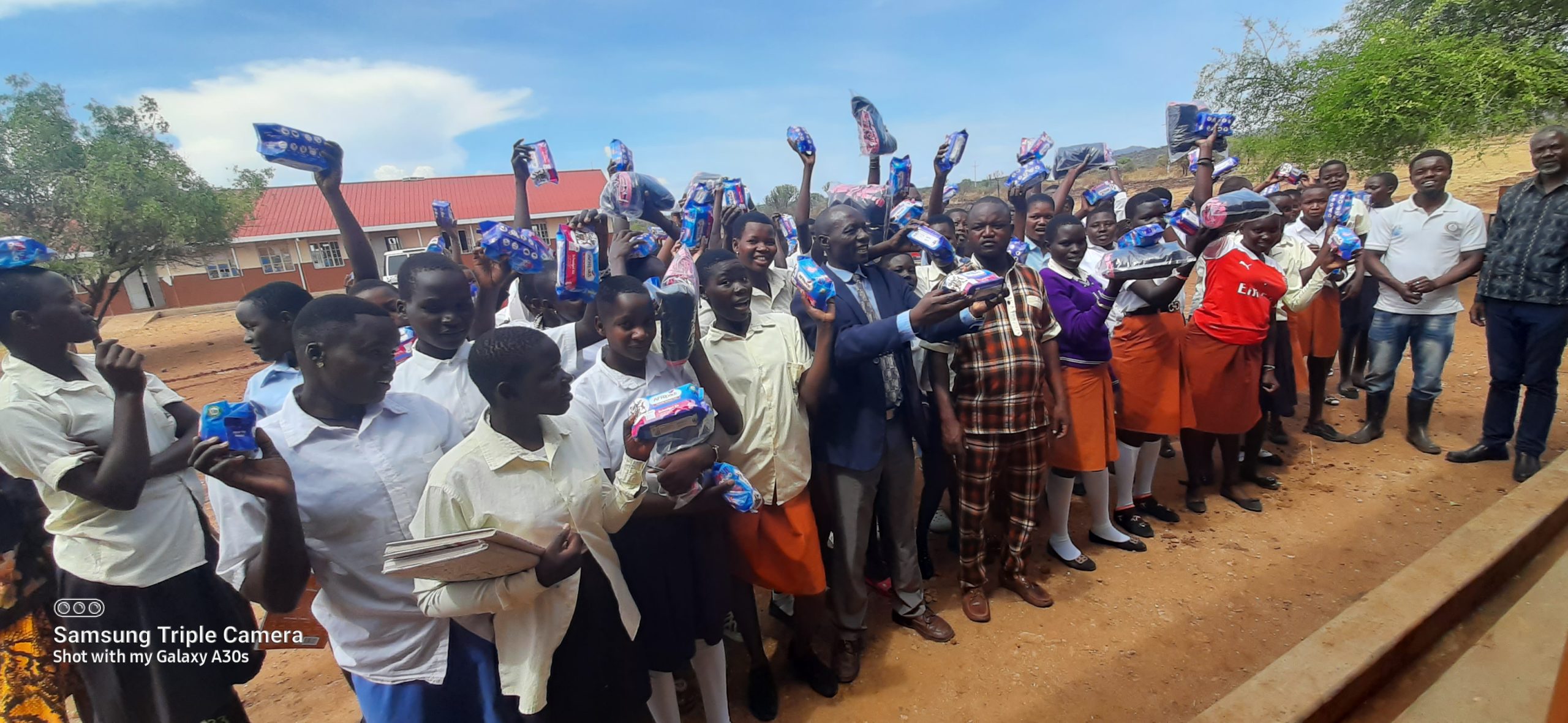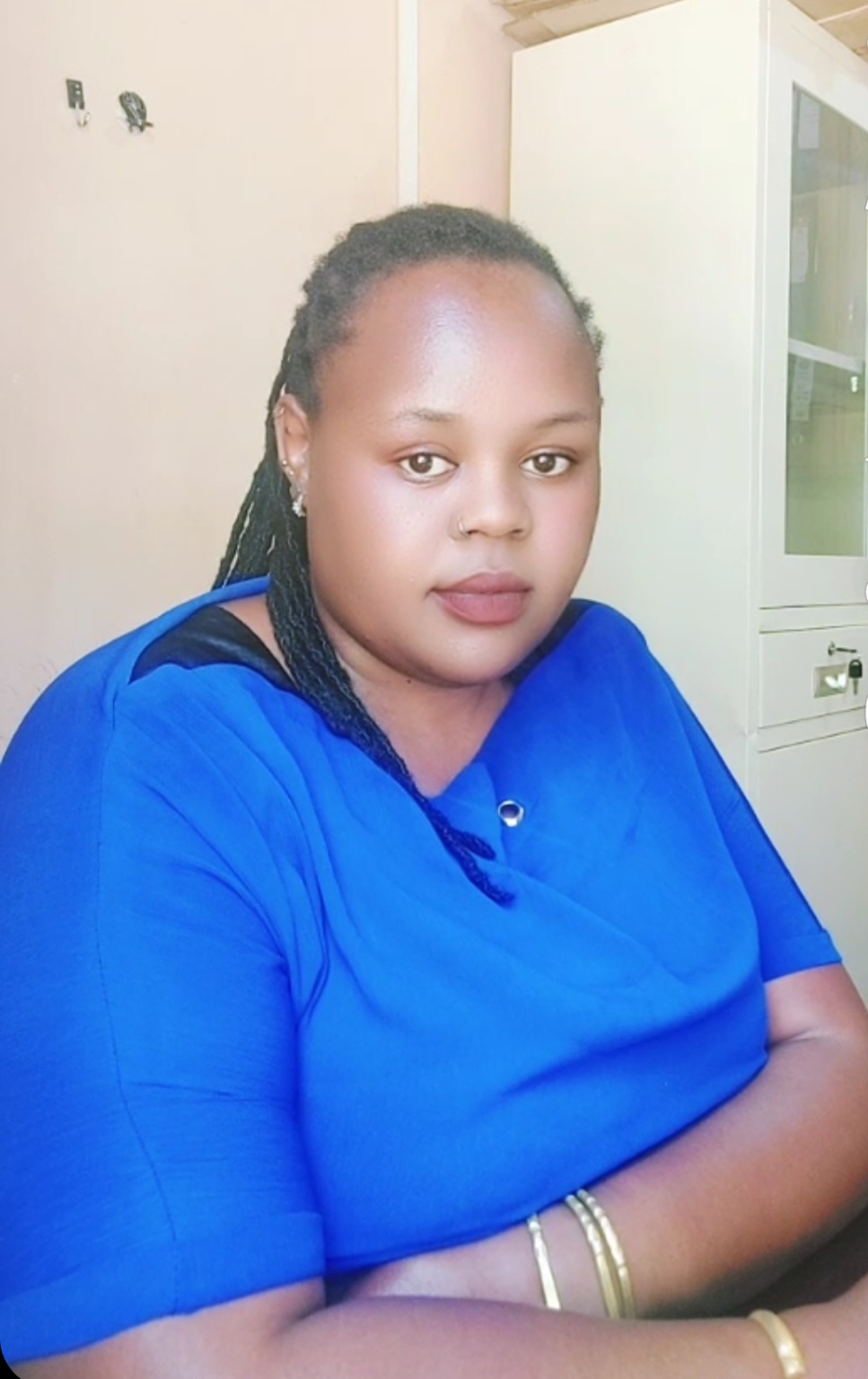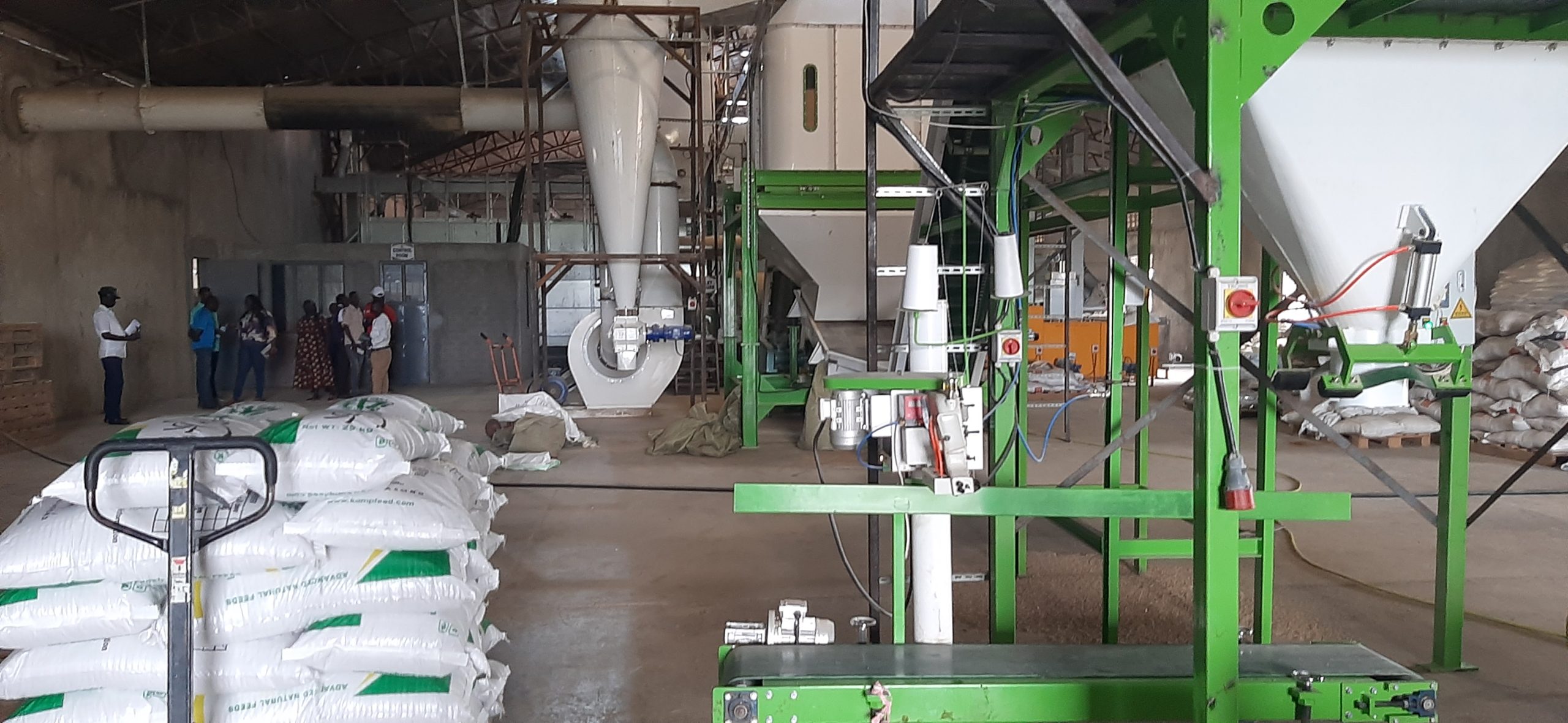
Learning from the Best: Karamoja Councilors Visit Innovative Enterprises in Nwoya District
In a bid to enhance their knowledge and skills in governance and community development, a group of councilors from Moroto,Kotido and Kaabong in Karamoja recently embarked on a learning visit to Nwoya District.
The sub-region of Karamoja, located in North Eastern Uganda, has faced decades of conflict, poverty, and underdevelopment, with 61% of its population living below the poverty line against the most recent poverty estimate from the Uganda National Household Survey 2019/20 (UNHS) which is equal to 20.3 percent, based on the national poverty line.
However, through collaborative efforts and innovative solutions, there is hope for a brighter future. The councilors’ visit aimed to explore best practices in areas such as agriculture, entrepreneurship, and energy production, with a focus on sustainable development and community empowerment.
The councilors visited Bukona Agro Processors, a company pioneering the production of biofuel from dry cassava, maize, and sorghum. This innovative approach to clean energy is reducing Uganda’s reliance on charcoal and imported Liquefied Petroleum Gas (LPG), while creating jobs and improving livelihoods for local farmers.
“We are impressed by the initiatives here, and we believe that replicating such projects in Karamoja can greatly improve the lives of our people,” said Hon Longora Mary Goretti,the Councilor representing both Nadunget subcounty and Nadunget Town Council in Moroto District.
They also toured Oola Lolim Farm, a facility showcasing modern agricultural practices and technologies. The councilors learned about the importance of irrigation, crop rotation, and soil conservation in boosting agricultural productivity.
“We have seen the impact of climate change on our farming communities, and we are eager to adopt new methods to mitigate its effects,” noted Hon Joseph Otita, the LC3, Rupa Subcounty, Moroto District.
A visit to Wild Aid; a conservation organization; a repellent-making facility for keeping away wild animals from straying to attack the community demonstrated the potential for entrepreneurship and job creation in the region. The councilors were impressed by the innovative use of local resources to produce animal repellents, which can help combat attacks by wild animals which stray from Muchison Falls National Park and other wild animals.
“This is a great example of how our local resources can be harnessed to improve security of the community and create economic opportunities,” said Paul Lomoru,the LC3 Nakapelimoru subcounty, Kotido District.
Additionally, the councilors visited KAMP Feeds, part of KAMP Group Limited, which produces high-quality animal feeds using Danish technology. KAMP Feeds has an animal feed milling plant in Anaka town, Nwoya district, and distribution depots in major Towns and Cities in Uganda. They specialize in producing broiler feeds, layer feeds, pig feeds, rabbit feeds, and cattle feeds. The councilors learned about the importance of nutritional excellence in animal husbandry and how KAMP Feeds is setting new benchmarks in the industry.
The final stop was at Restore Eden Farm, where the councilors learned about best practices in farming, micro irrigation scheme, and environmental conservation. The farm showcased the benefits of integrated farming systems, where crops and livestock are raised together to promote soil fertility and reduce waste.
“We are committed to supporting our farmers in adopting these practices, which can improve food security and incomes in our region,” said Hon Cecilia Dodoi, a female Councilor from Maaru Subcounty in Kotido District.
The learning visit was facilitated by Riamiriam Civil Society Network-Karamoja with funding from the United Nations Development Program (UNDP)/Korean International Cooperation Agency (KOICA) under the Building Resilience in Conflict affected communities in Karamoja (BRICK) project. The project aims to enhance governance and community development skills among local leaders, promoting sustainable development and community empowerment in Karamoja.
The Executive Director, Riamiriam Civil Society Network-Karamoja, Richard Omoding said pointed out that the learning visit to Nwoya District has shown our councillors that sustainable development is achievable. “We are eager to see the impact of this knowledge-sharing as they implement new ideas and projects in Karamoja, transforming the lives of their people”, Omoding said.
Dorcus Angom,the Program Manager,Riamiriam Civil Society Network-Karamoja who led the learning visit said the Councilor`s enthusiasm during the visit was impressive. “We are expecting to see tangible results as they replicate the best practices learned in Nwoya District, driving economic growth and improving livelihoods in Karamoja”, Angom said.
As the councilors return to their respective districts, they are equipped with new ideas and knowledge to drive positive change in their communities. “We are grateful for this opportunity and look forward to sharing our experiences with our colleagues and constituents,” said Hon Ceaser Akol, the Speaker of Moroto District. “Together, we can build a brighter future for Karamoja.”
